You may not recognize the name Ron Bartlett, but there’s a 99.9% chance you’ve heard his work countless times over, with the sound industry veteran – and Academy Award winner for his contributions to Denis Villenueve’s Dune – having accrued credits on a mind-blowing string of classics.
Blade Runner and sequel Blade Runner 2049, X-Men: Days of Future Past, The Cabin in the Woods, The Fifth Element, Mission: Impossible, Heat, the original animated versions of Aladdin and Beauty and the Beast, Reservoir Dogs, Total Recall, and Die Hard are just a small few of the hundreds of titles Bartlett has worked on in various capacities, with the experienced veteran most recently the re-recording mixer on Transformers: Rise of the Beasts.
With the seventh installment in the franchise currently playing in theaters and having recently crossed $350 million at the box office, We Got This Covered had the chance to speak to Bartlett about the movie. During our chat we cover the new experiences he faced, the obstacles he overcame, creating the ideal sonic carnage, his favorite projects and much more, which you can check out below.
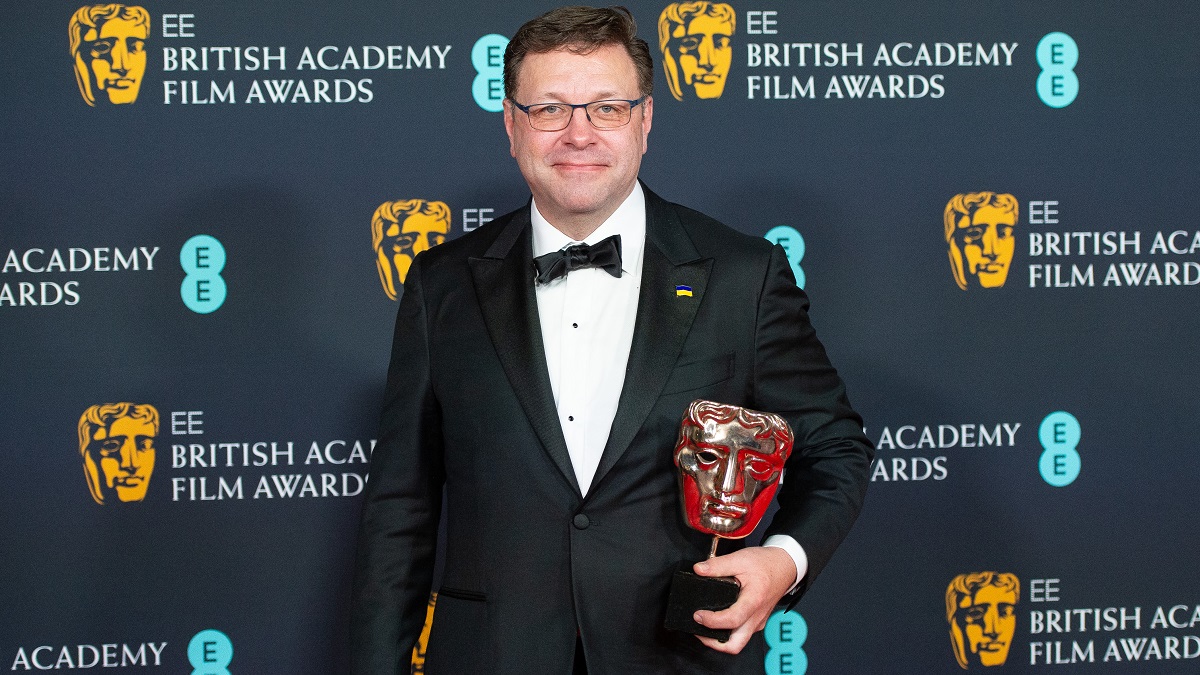
Having been doing the job for so long and racked up so many credits in that time, what was it that spoke to you about Transformers: Rise of the Beasts that made you think “yeah, this is something I want to be a part of?”
Ron Bartlett: Good question. It’s usually about the people involved. And if you’re making a great movie, all the better, but I love to work with certain people. And a lot of my friends and people I’ve worked with on a lot of shows were on Rise of the Beasts, and they asked me to join in on it. And it all started really with the first attempt. I hadn’t planned on doing the film.
We had a show that pushed a few few weeks, and there was a hole open. I’m like, “Oh, sure. Yeah, I’ll help you out on that temp.” So I did the temp. I’m like, “Oh, this is cool.” I never really was in on this franchise. I’d done in lots of other ones, you know, X-Men and whatever, but never Transformers. So we did the first temp, and it went really well.
And they said, “Oh, great. We’re having another one. You know, maybe you can do that one, too.” I said, “Well, we’ll see.” So it was kind of like that. And we kept doing these temps. And as they rolled on, they’re like, “Wow, we really want you to do the final.” I hit it off with the composer really well, and the director was super nice. So it just kind of rolled right into it, and we had a really good time.
As a Transformers movie, there are certain sounds that older and newer fans alike are expecting to hear, does that present any challenges or difficulties on your end working on the seventh film in an established franchise to sort of nod to what’s come before and ensure it fits the same template, but also putting your own spin on it?
Ron Bartlett: Yeah, for the dialogue especially, there’s a lot of processing on all the robot voices, of course. So I just rolled with what they had done in the past at first on the first few temps, and then we started talking about newer characters. And obviously, there’s all the beasts you know, the Maximals. So those were kind of up for doing a new spin.
So I put my two cents in on those a little bit more, and we adjusted some of the other characters and made them larger – I feel – than maybe some of the other Transformers, but they’re very close and they kept in the same ring, especially Optimus. You have to have him have a certain sound because everyone knows that, you know, so you got to really nail that. So yeah, we got to do a little bit of both. So it was nice.
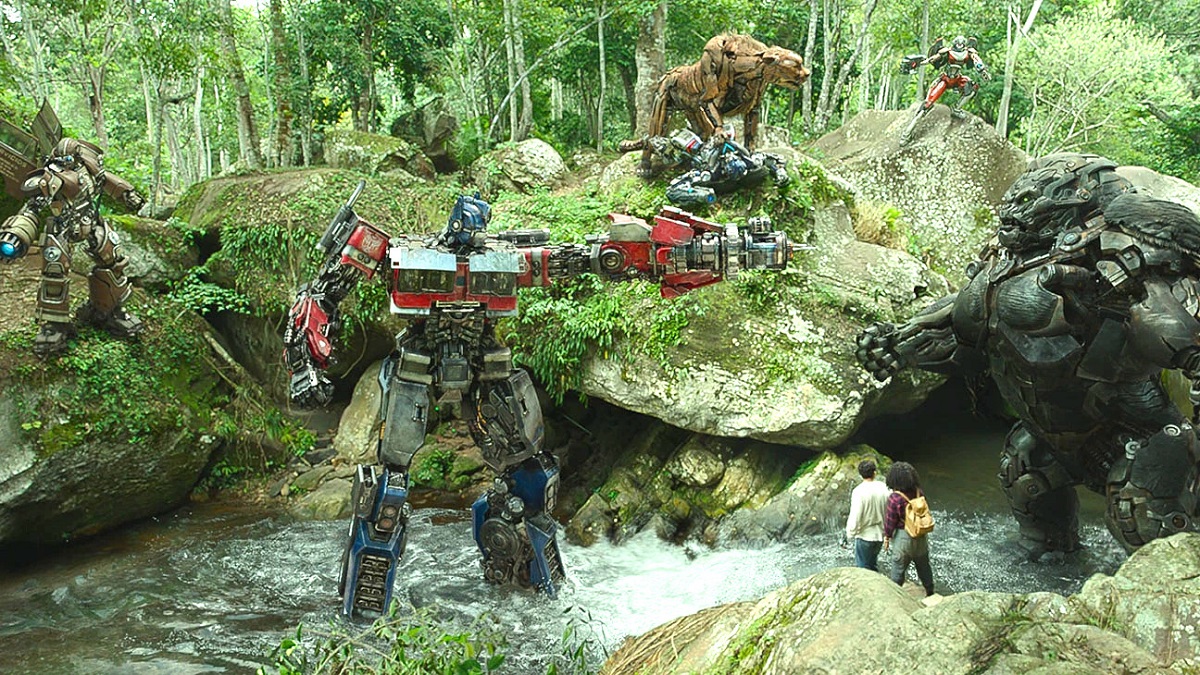
Plenty of sound designers prefer working with on-set audio as opposed to ADR, but obviously in something like Transformers that’s a lot more difficult when there are large stretches of the film where there aren’t any physical elements, so how does that process work for you in those moments if you’re given a scene that isn’t fully finished, whether that’s visually or with temp dialogue?
Ron Bartlett: It’s tough because all the temp dubs we did the whole last reel – which is almost 30 minutes long of a giant fight scene – there wasn’t even any picture for a while on the first few attempts, so we didn’t even do that reel. And then, this kind of film, it just keeps evolving as you go. So every week you’re getting – almost every day at the end – you’re getting a lot more visual effects, and seeing how it’s coming together.
And you have to adjust since they’re rewriting dialogue constantly, because you can put anything in the robot’s mouth and change their lines, change takes, change characters. We had three different, four different takes of different people trying to do one of the robots, and then ended up with Pete Davidson, who was really great. So it was always evolving.
It can often be described as an intuitive process, but having so much experience under your belt already, did jumping into a project like this that’s part of this huge and immediately recognizable brand affect your process at all, or is it always about figuring out the best approach once you’re in the booth?
Ron Bartlett: You’ve gotta roll with the punches a little bit; you go at it with your background, and your template, and your ideas, and things like that of course, and your process, but you have to bend with it too. You can’t be so rigid and think everything is the same; “We have to always do it this way.”
Because it’s just not the case, each film has a life of its own, and it has its own specific needs, and you really have to be open to that and listening to the director’s vision, interpreting that along the way, and also being true to the whole franchise. So it’s a complicated little project there. But it was really fun, and quite challenging.
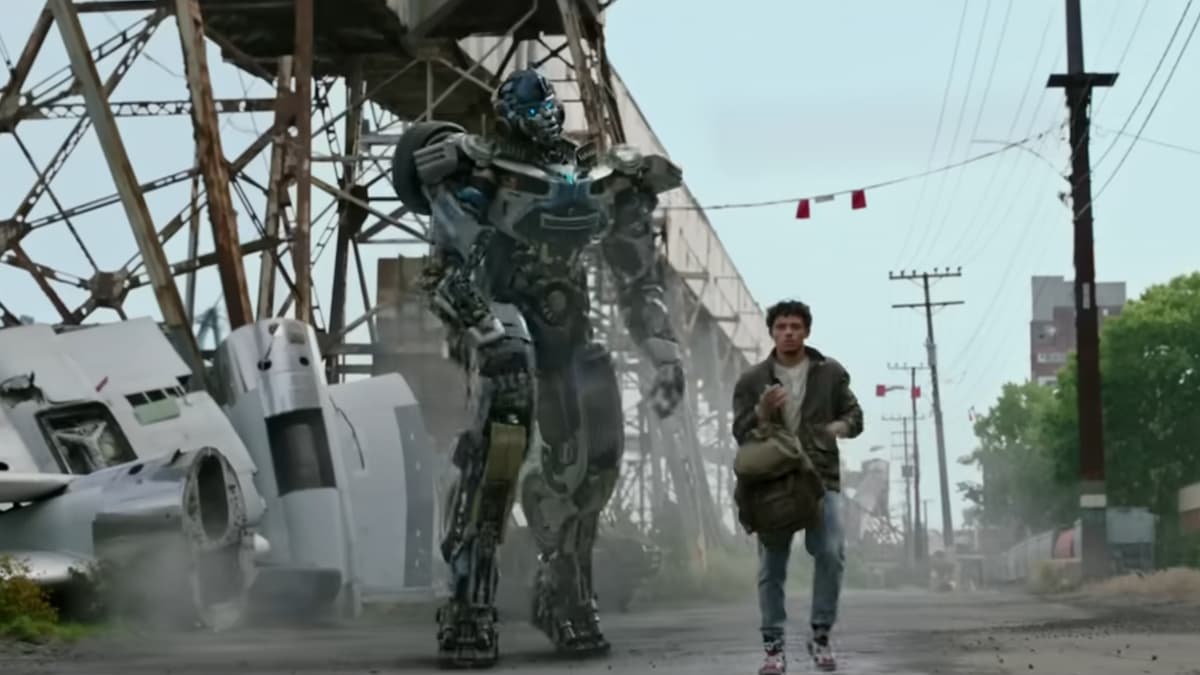
In the bigger or splashier action sequences, there’s always so many things going on at once on an audio level from the characters and dialogue to background and the inevitable explosions, so how do you go about creating scenes like that in post-production when there are so many variables to consider?
Ron Bartlett: A lot of times, you’re just trying to keep your head above water to be honest, I guess. They’re flying in visuals so quickly and changing things, and the score is changing, and then they’re dropping in different songs. So you’re really just trying to stay on top of it for a lot of it, to be honest.
But, you know, we go at it with a lot of enthusiasm in really trying to balance these things out. And with a dense track like that – you’ve got songs and score and robots fighting and processed voices – it’s very complicated. And it can be very dense, and very hard to find your way. But I think the most important thing is that I think… we like to use the phrase of “rack focus.”
So I, I try to rack focus and sound as well, where we really go after the story points. So whoever’s driving, the story wins. And that could be the score at that moment, or it could be the… we always try to keep dialogue clear so you can hear every line. That’s kind of a rule, but everything else is blending and moving around that.
And you really have to pick and choose, what’s the most important thing? Is it the battle sounds of the robots? Is it a transformation sound, that’s key, you know, all those certain elements have to come through. And some of the others have to take a backseat at that moment. So it’s all about choosing what’s most important.
The list of movies you’ve worked on is extensive and pretty mind-blowing to say the least, and at this stage there can’t have been much you haven’t encountered before, but were there any aspects of working on Transformers that stuck out to you as something that was a brand new experience?
Ron Bartlett: That’s a good question. Well, you know, whenever you take voice processing, and to that extent – I mean, there’s 10 to 12 characters that all have voice processing – that was a big challenge. I mean, I’ve done other films that have that, but maybe not to that extent. There’s so many characters, and they all have to have their own little spin.
They’re very unique down to their trademark sounds, and then there’s new characters that you get to make up your own spin on it. So that was very challenging. Plus, they kept changing takes, and actual actors sometimes. So you’re constantly redoing that processing along the way. So that was probably the most challenging thing.
Is there any scene or scenes plural that stand out to you as ones that you’re especially proud of, because it can’t be the easiest of jobs wrangling so many disparate elements together for a movie that’s about giant alien robots fighting other giant alien robots to try and save the universe from destruction?
Ron Bartlett: They’re always trying to save the universe! I guess the biggest challenge was the whole last reel, because you’ve got such a long battle scene. And your audience will get tired if you get too much banging and clashing and explosions and things like that, or the score is too relentless.
Or there’s songs coming and going, how do you mark each story point change or beat in the story? Things like that. So I’d have to say the last reel, which is a good 30 minutes of the movie, was the most challenging and also a lot of fun to put together, because of all the challenges. And then they throw a song in there! That was great, but it was woven into the score which I really love.
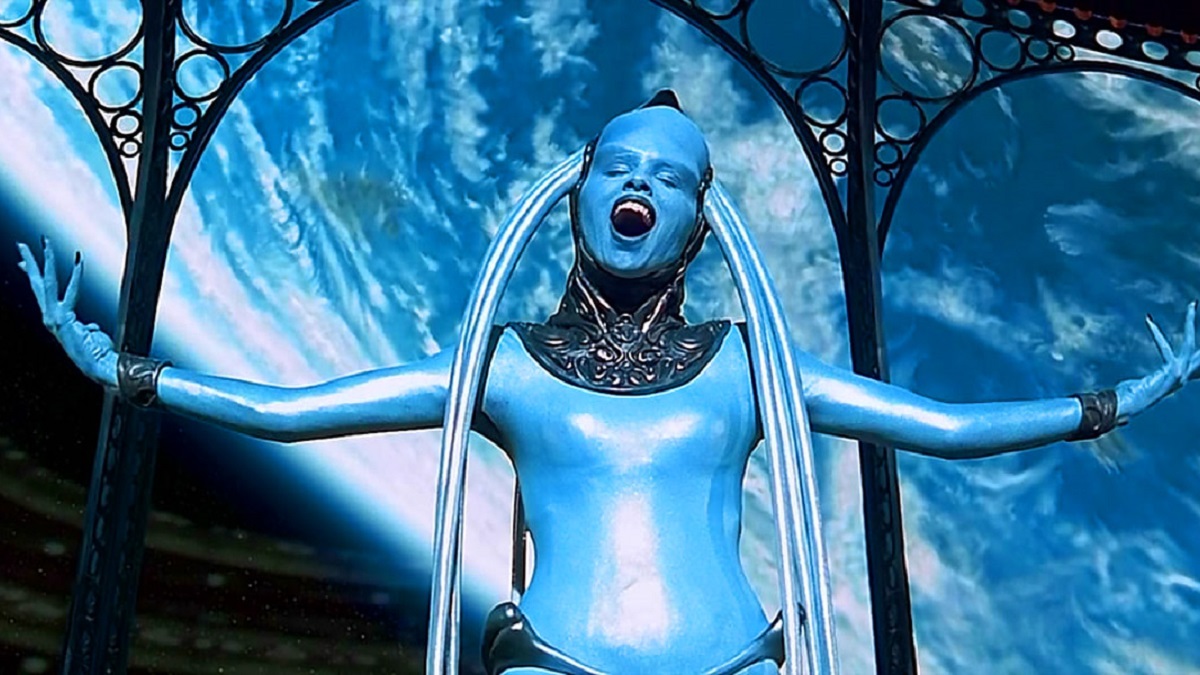
You’ve worked on a lot of sci-fi movies in the past, but how does handling something Transformers compare and contrast to the likes of Dune, Blade Runner 2049, The Fifth Element, or Gemini Man, which couldn’t be more different despite technically taking place in the same genre?
Ron Bartlett: They’re also unique, like The Fifth Element is way unique! And Dune or Blade Runner, all these movies have a very distinct style, and each director was so different. So, keeping them unique was not a problem, because they’re such a different animal. As far as the comparisons that are similar, I would say that the density of the tracks, because you’ve got so much action and so much score, as well.
And that’s always a big challenge of keeping a very clear density of of sound going through, so that you pick out all of the things that you’re supposed to, and not just making it a big mash of sounds that are competing with each other, which you don’t want. So it’s by making choices, and also combining frequencies. So if something is high end, you might sweeten it out with a low end thing in the music, or vice versa with the sound effects; maybe they go low, and I’m higher up with strings. So you really try to fit that tonally as well as content.
Personally and professionally, If you could pick a favorite movie of yours – not just from a sound perspective but in terms of the final product overall – what would it be and why would it be that, or is that like asking someone to pick from their favorite out of hundreds upon hundreds of children?
Ron Bartlett: Can I pick two?
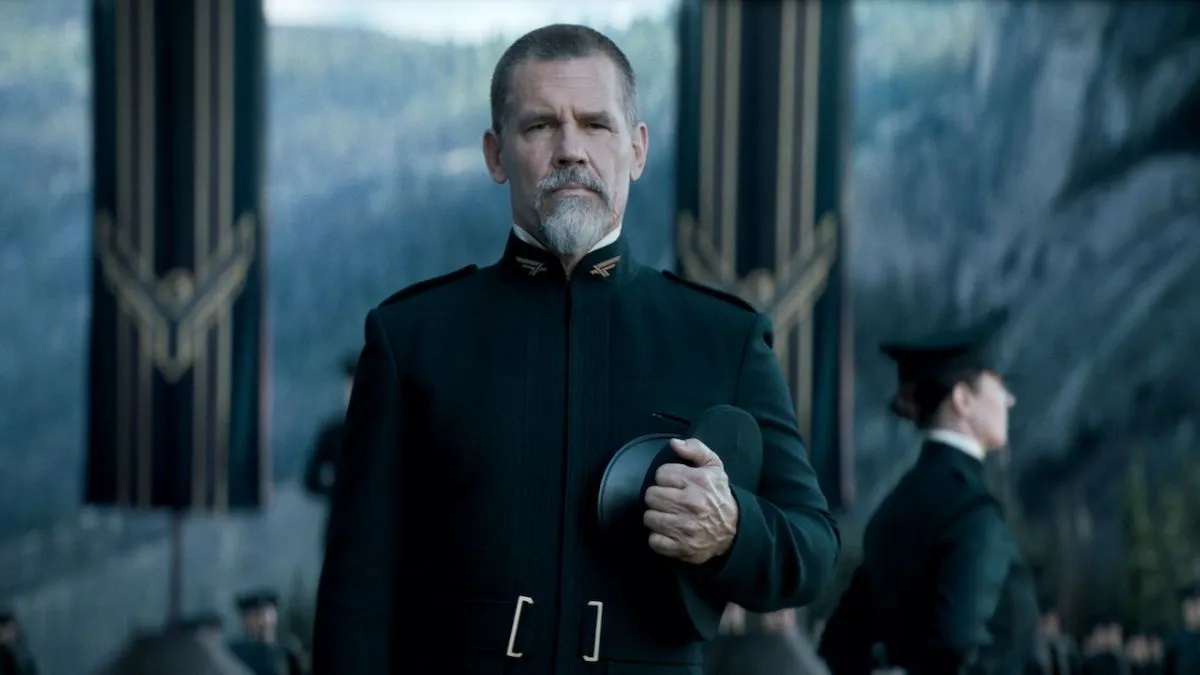
Of course.
Ron Bartlett: I would have to say, Dune and Blade Runner 2049. Although Fifth Element has a soft spot in my heart, for sure. Creatively, I would say the first two had such a great atmosphere of creativity. And everybody on the crew was trying to one-up the other guy in a really positive way. Denis has a very nice way of letting you fail, and wanting you to get to another place where you’re really challenged to try something new.
And I absolutely love that. And it really shows in those tracks. There’s a lot of care, and really thought-provoking ways that we went around trying to find new sounds and really tell a story, but in such a unique manner. The creativeness of those films, just, that’s why you want to go to work. Because you’re doing something very unique, and in a really great atmosphere.
Well, it’s hard to argue with the classics.
Ron Bartlett: Yeah, those are good movies, I gotta say!
Transformers: Rise of the Beasts is currently playing in theaters everywhere.

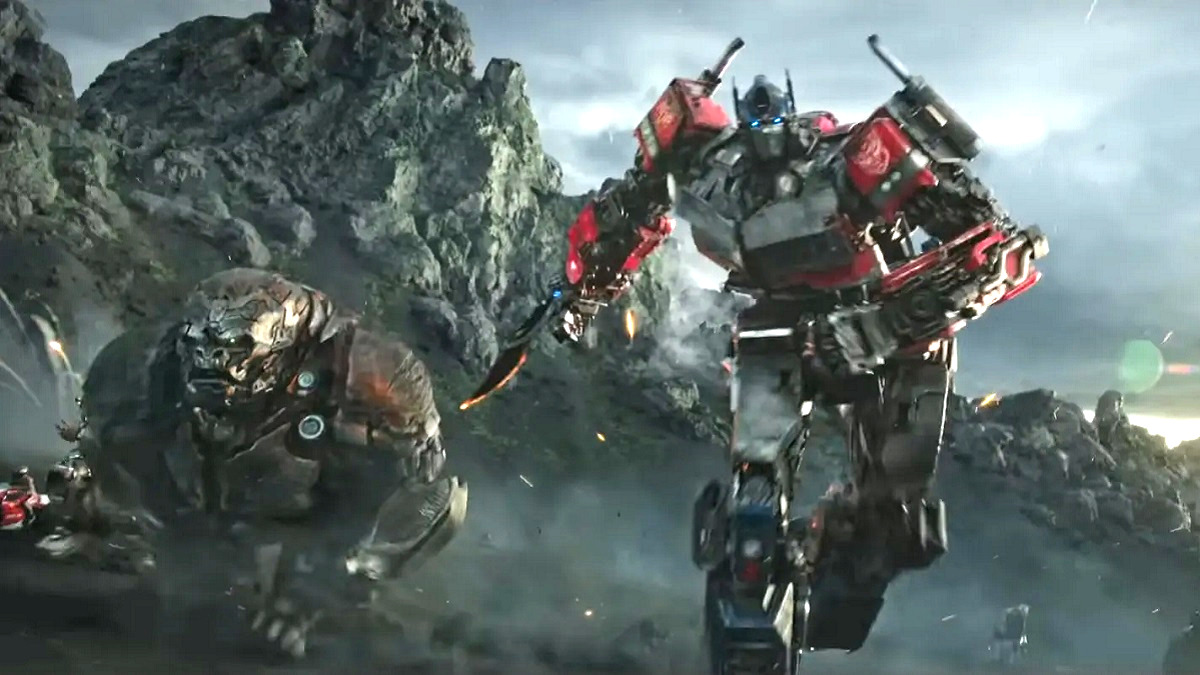
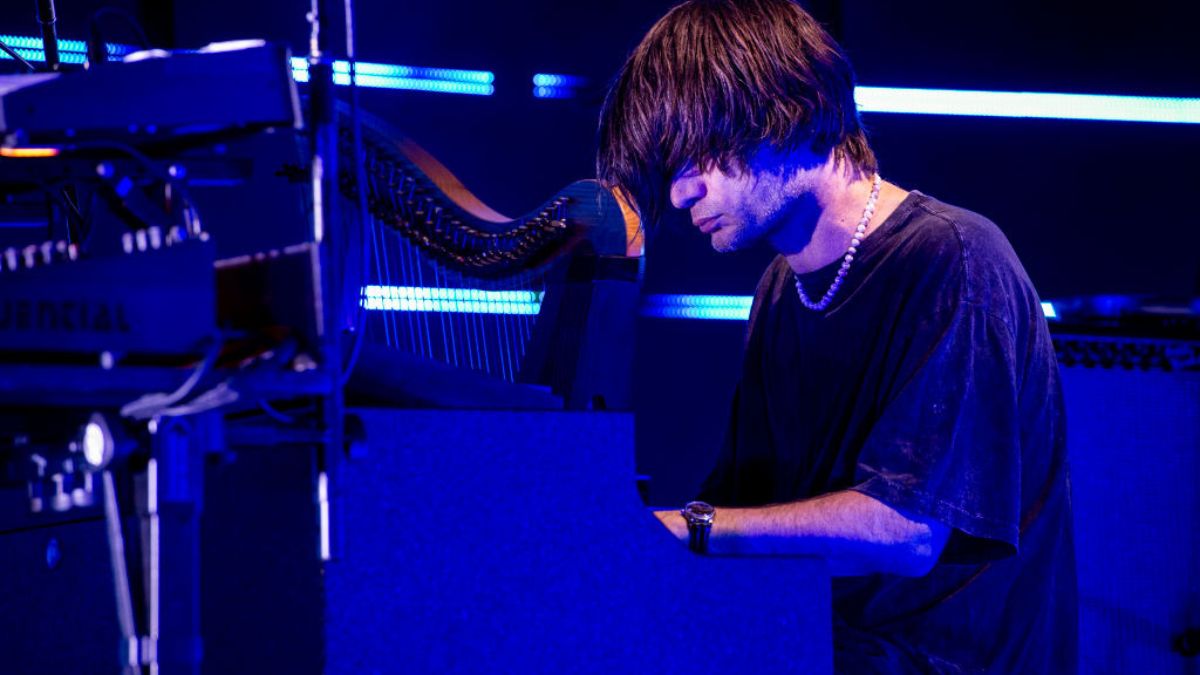








Published: Jun 30, 2023 04:18 am